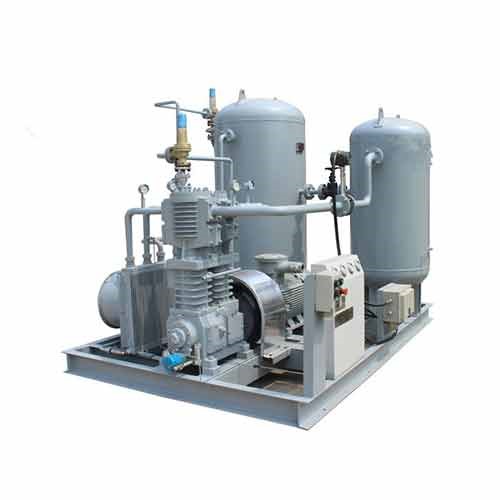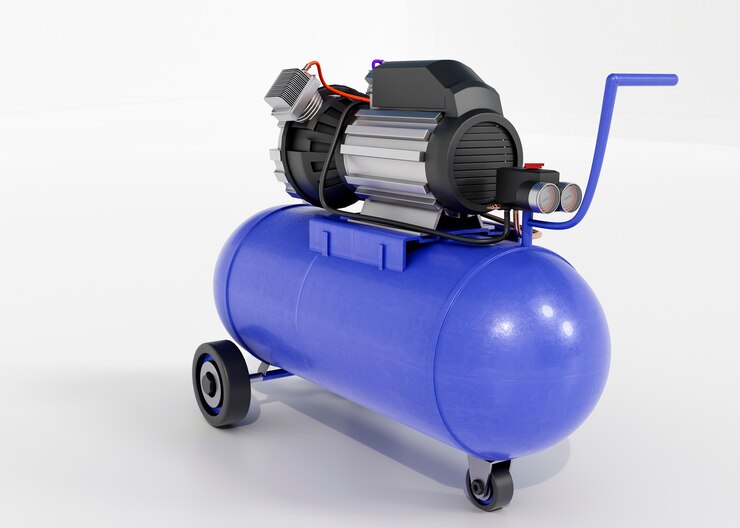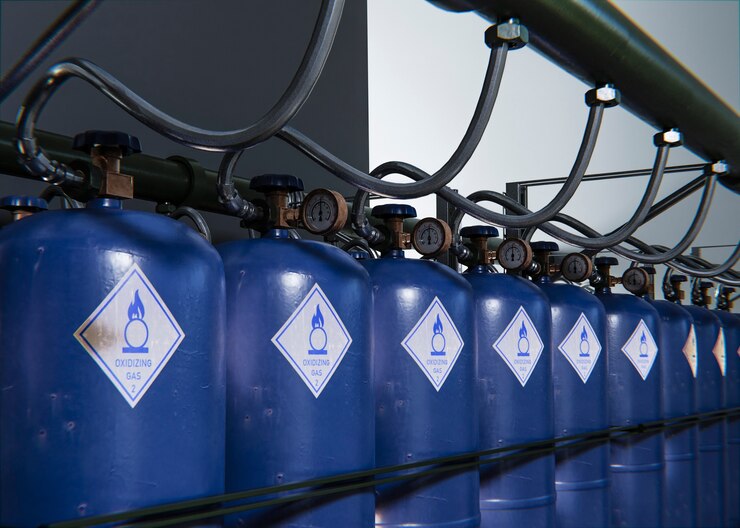Why Your Business Needs an Industrial Piston Compressor
The Ultimate Guide to Loading and Unloading Compressors
In today’s competitive industrial environment time is money and so anything to do with gases must be efficient. Permanent magnet motors are now indispensable tools for many industries, mainly for loading and unloading compressors, especially these compressors. As equipment that optimizes the manner in which compressed gases are filled or unloaded, this industrial piston compressor is designed to satisfy numerous demands. Here in the course of this guide, we will show you all you need to know about loading and unloading compressors, the features, the uses, and the importance of this vital tool in any industry.
What is a Loading and Unloading Compressor?
A loading and unloading compressor is a complex engineered tool that has been created for the processing of gases. Industrial piston compressor has a big use, especially in industries that deal with compressed gases where accuracy is vital and a few of these are Liquefied Petroleum Gas, Propylene, and Liquid Ammonia. They are designed to transport or discharge oil, gas, and any other commodities in storage tanks, pipelines, and every other container you can think of.
Key Features & Characteristics
Our loading and unloading compressors stand out in the market thanks to a range of innovative features:
- Adaptive Control
This feature affords the compressor the flexibility to regulate comportment based on the pressure demand of the compressed gas while reducing energy usage. Whether you are experiencing high usage at peak or minimal usage at other times, adaptive control guarantees that your compressor is in optimum condition.
- Comprehensive Warranty and Support
We love our products and this is why we can guarantee their quality. Therefore, we provide a strong warranty and respond to all clients’ questions and concerns, if any. It means that you can always have the help of a professional nearby no matter what.
- User-Adjustable Settings
Provide your operators with means to adjust the pressure of the gas compressor to meet certain rate or velocity requirements. To the matter of pressures to the time required for a cycle, the easily adjustable parameters are as follows:
- Seamless Integration with Existing Systems
We ensure that our compressors will fit well in your industrial systems as we already have in mind. This flexibility means you will not need to change your structure to be able to incorporate our sophisticated technology.
- Multi-Language Interface
Suit Organizational Multicultural by providing an easy-to-use interface in Multiple languages. They can choose their target language of operation from the list, which will make their work easier and quicker to learn.
- Real-Time Performance Analytics
Monitor your compressor and gain important information about its operation with the handheld data. Sign up for detailed tracking through access to visualize your seventh KPI, and other crucial indicators, including energy consumption trends.

Main Structure
The Loading and Unloading Compressor series are designed to meet LPG, C4, propylene, and liquid ammonia loading and unloading requirements all of which are liquefied gases.
• Model Variations: Our product offerings also exult models such as ZW, VW, and ZG, every intended for a particular sector.
• Compact Design: The external dimensions of the presented compressors vary from 1000/710/865 mm to 2400/1700/1550 mm, so these devices can be located in different industries.
• Motor Power: The motor powers of the compressors, therefore, range from 4 kW to 132 kW, making it possible to select one that will best suit your needs.
• Loading and Unloading Capacities: The capacities are intended to deliver accurate output and elastic characteristics with respect to a given type of loads and working conditions which enable the capacities for versatile usage.
Applications of Loading and Unloading Compressors
Low-head and high-head loading and unloading compressors are widely used all over the world in different industries owing to their effectiveness. Here are some key applications:
- Marine Industry
In marine operations, those compressors supply the compressed air for activities like ship repair works, pneumatic tools applications, and control of operations. The advanced designs facilitate its utilization in marine environments by providing reliable performance.
- Mining and Production of cement and Concrete
In the cement and concrete production process compressors provide the air required for pneumatic conveying, material transport, and concrete production. This characteristic makes them ideal for such variable load processes as dynamic production processes.
- Hospitals and Health Care Centre
Compressors loading and unloading in healthcare sectors involve essential services such as in pneumatic medical applications, laboratories, and HVAC systems. They are vital to the continuance of the facilities needed in the medical treatment of patients.
- Entertainment Industry
These compressors are particularly useful, for instance, the entertainment industry employs these to drive pneumatic systems for pranks on stage, and sound systems. These kinds of improvements enrich theatre performances, concerts, shows, and inclusive events within performances appealing to their targets.
Benefits of Using an Industrial Piston Compressor
Choosing an industrial piston Compressor offers numerous advantages, making it a smart investment for industrial operations:
• Enhanced Efficiency: These types of compressors are self-regulating and can therefore be tailored by the user in order to afford efficient consumption of energy and functional performance.
• Reliability: The designs and aspects of the support systems give the compressor strength to remain in service when needed most.
• Cost-Effective Operation: Energy conservation also simplifies your operations and in the long run brings down operating expenses.
• Flexibility: That is why the opportunity to work with different types of gases and possibly encounter various operational requirements makes these compressors very useful for any facility.
Maintenance of Industrial Piston Compressors
Maintenance is the key to making sure your industrial piston compressor will run as it should. Here are some tips:
- Regular Inspections
Schedule a regular examination to inspect areas of seepage, erode and general deterioration. That is why early detection can help avoid expensive interventions in the future.
- Change Oil Regularly
Oil-lubricated compressors require frequent oil changes frequently. Only fill your car with high-quality oil that is recommended by the manufacturers of the car in question.
- Clean Air Filters
Clogged filters cannot effectively do their work and this will negatively affect performance. Periodically it is necessary to clean or replace any filters in order to ensure an efficient flow of ambient air.
- Monitor Temperature
That is why it should be avoided, overheating affects the internal elements. Make sure that your compressor for cooling and there must be ways that you can check the temperature in your machine.
- Professional Servicing
It’s recommended that your compressor should undergo professional servicing at least once a year. Possibilities for getting advice and most importantly for some works that can be seen by a professional but not an ordinary driver during daily inspections.
The Future of Industrial Piston Compressor
- A change occurs in all industries and their demands are not an exception to that rule. As global technology advances, the industrial piston compressor market is expected to have bright prospects in the future.
- Smart tools including smart monitor systems will improve the performance of equipment by allowing for the prediction of when they need maintenance thus avoiding major breakdowns.
- However, the energy conservation drive is placing pressure on manufacturers to design efficient compressors that use less energy while offering similar or higher effectiveness. Of course, this tendency is also quite beneficial not only for the environment but for businesses which have the opportunity to reduce expenses.
Conclusion
The industrial piston compressor is an indispensable asset in various industries, driving efficiency and productivity. Understanding its components, types, applications, and maintenance is vital for anyone involved in industrial operations. As LEiYAO Compressors move toward a future marked by technological advancements, these compressors will continue to adapt, providing essential support to our modern industrial landscape. For more insights into industrial equipment and solutions, visit


